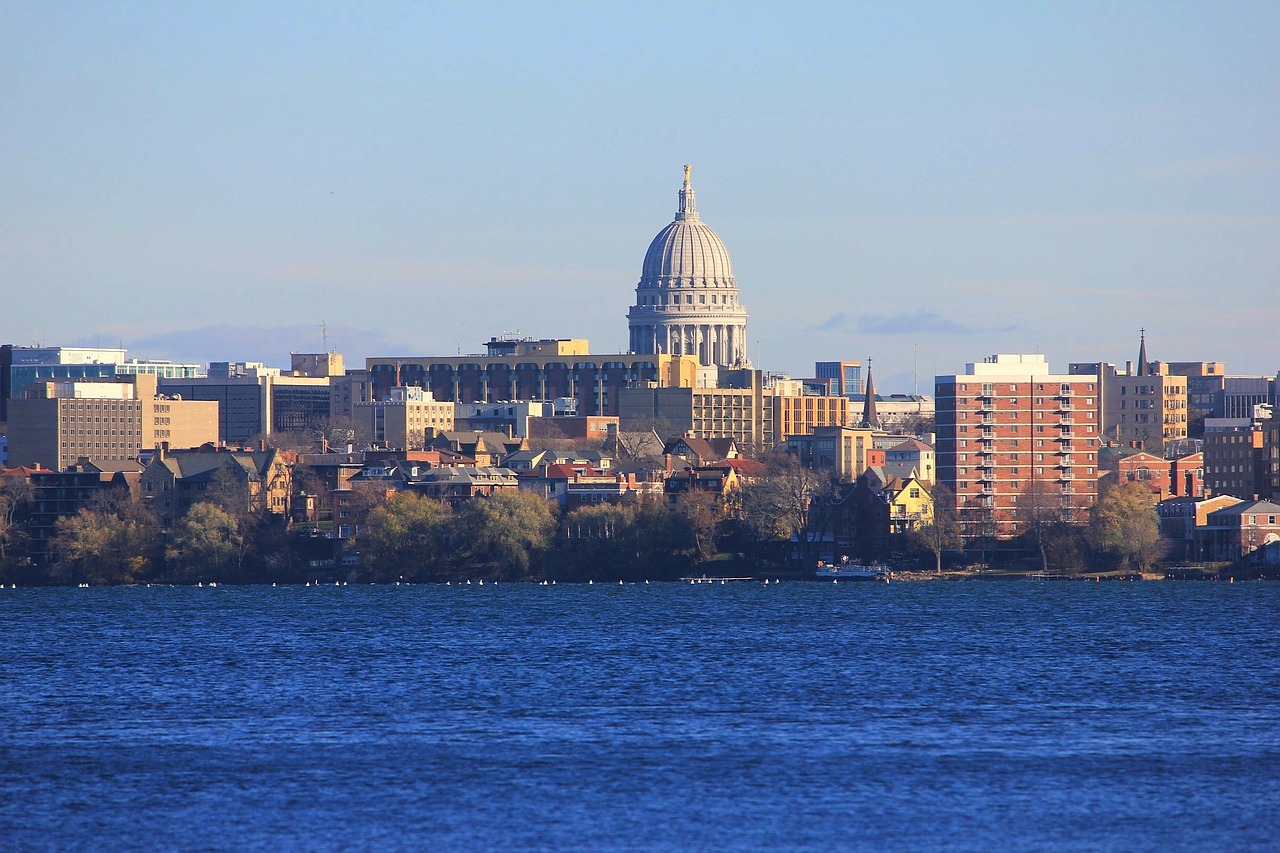Politics
Republican bills in Wisconsin banning transgender athletes get hearings

MADISON, Wis. (AP) — Republican-backed bills that would prohibit transgender athletes in Wisconsin from participating in girl and women sports teams were scheduled for their first public hearings before legislative committees on Wednesday.
Even as the Wisconsin proposals move forward, they are likely to face a veto from Democratic Gov. Tony Evers should they eventually pass the GOP-controlled Legislature. Evers, a former school administrator and Wisconsin state superintendent for education, this week called the bills a “solution seeking a problem that doesn’t exist” and reiterated that he stands with transgender students.
The proposals are part of a nationwide movement targeting transgender people, particularly athletes.
Lawmakers in more than 30 states, mostly Republican controlled, have considered sports participation bans, and they’ve become law in Alabama, Arkansas, Mississippi, Tennessee, Montana and West Virginia after Idaho enacted one last year. Other states, including Kansas and North Dakota, passed bans only to have them vetoed by the governor.
The Wisconsin bills would allow students to join teams only that correspond to their biological sex as assigned by a doctor at birth, unless the sport is classified as “coed.” It would apply to public and private schools, as well as the University of Wisconsin and technical colleges.
Opponents say such proposals are cruel and discriminatory, violate Title IX of federal education law prohibiting sex discrimination and also rulings by the U.S. Supreme Court. Opponents also argue that such bans will further marginalize vulnerable students and hurt the state’s economy by making it more difficult to recruit both athletes and businesses.
Supporters argue that the bills are designed to address the issue before it becomes a problem. They argue that transgender girls have an unfair physical advantage and passing the bill would ensure that girls have a level playing field while preserving competitive achievements and scholarships.
No one has registered in support of the Wisconsin bills., which were introduced by Republicans Rep. Barb Dittrich, of Oconomowoc, and Sen. Kathy Bernier, of Chippewa Falls.
Registered opponents include the WIAA, the state teachers union, the State Bar of Wisconsin’s civil rights and liberties section, the LGBTQ advocacy group Fair Wisconsin, Planned Parenthood and the Wisconsin Coalition Against Sexual Assault.
The University of Wisconsin-Madison, in written testimony prepared for the hearing, said if enacted the university would not be in compliance with NCAA’s trans-inclusive policies. The bill would also jeopardize the state’s ability to host events and tournaments because the NCAA has said it will consider actions that discriminate against certain athletes.
“Passage of this legislation would have serious financial and reputational consequences for Wisconsin college teams,” the university said in opposition to the proposal.
The Wisconsin Interscholastic Athletic Association enacted a policy similar to that of the NCAA’s requiring transgender girl athletes to complete one calendar year of medically documented hormone replacement therapy, have a signature from a doctor and parental consent before competing on a girls’ team.
WIAA officials have said they have heard few complaints and are not aware of any transgender athlete competing in a state tournament.
A growing number of state high school athletic associations in the U.S. have enabled transgender athletes to play on teams based on their gender identity.
A federal court blocked enforcement of the law in Idaho. In Connecticut, several girls are challenging a state law that allows transgender athletes to participate in female sports.
Follow Scott Bauer on Twitter: https://twitter.com/sbauerAP

